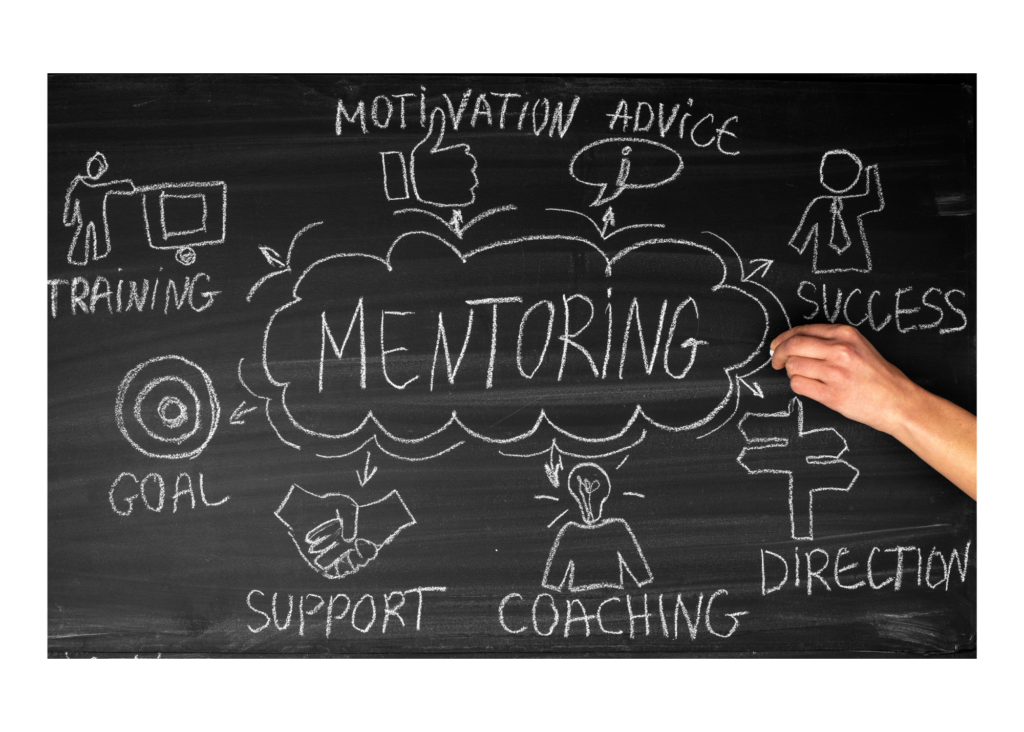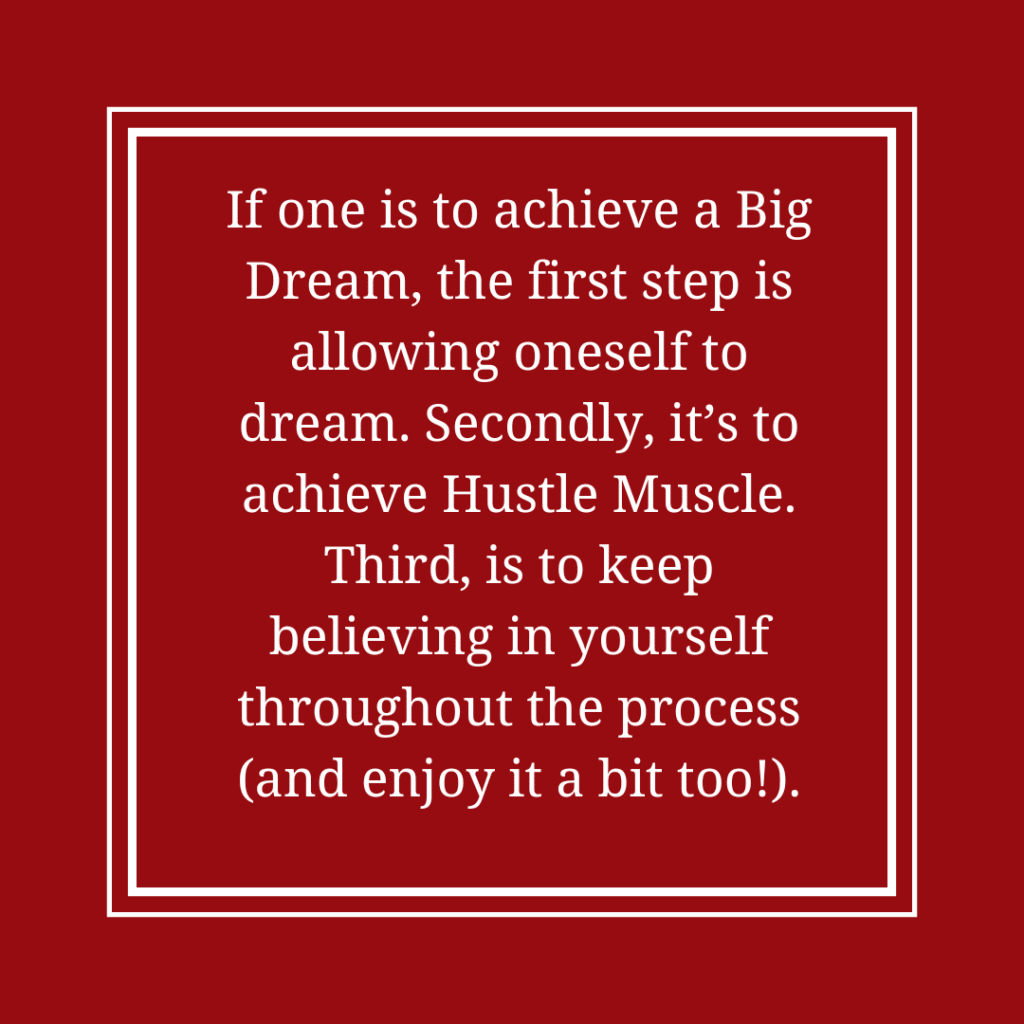How to Find a Great Mentor: Reaching Out and Reaching Up
To find a great mentor, there are two essential principles to follow: Reach out Reach up Reaching Out Much like seeking support, finding a mentor is not a passive process. It takes active “reaching out” efforts to find a truly inspiring, knowledgeable, and willing mentor. So, how does one accomplish this, you ask? First…
Read MorePlay the Long Game
Over the past couple weeks, I’ve been reading the book Moneyball. For those of you who may not be familiar with the book or movie, Moneyball is about the 2002 Oakland Athletics and their unique approach to baseball. To summarize, the Oakland A’s disregard, baseball traditions, and look to science and statistics to help them…
Read MoreDoubt Kills More Dreams than Failure
The Airplane Analogy Motivational speaker, Prince Ea, describes an interaction he had with a pilot. Recalling the pilot’s words, Prince Ea states that “many passengers think planes are dangerous to fly in, but actually it’s a lot more dangerous for a plane to stay on the ground. On the ground, the plane starts to…
Read MoreAcknowledgments: Teamwork to Make the Dream Work
Acknowledgments It truly takes teamwork to make the dream work, and this CE course has been no exception. Since its conception in May of 2016, numerous people have helped make this dream a reality. Listed below are some of our most important and influential supporters and contributors. Tresa: You’ve been my biggest supporter,…
Read MoreSocietal Factors Leading to a Burnt-Out Nation
Societal Factors Leading to a Burnt-Out Nation Did you know that over half of Americans can’t afford an unexpected $500 expense? It’s scary to think that even in America, the richest country in the world, the majority of us are living paycheck to paycheck, but that is the unfortunate reality of our society right now.…
Read MoreWhat Makes Someone Become An Entrepreneur?
What makes someone become an entrepreneur? For me, one of the greatest influences I had growing up was my dad. My dad was, and still is, self-employed. This career choice had both pros and cons for us as a family, but as a kid, I saw a lot more of the pros than the cons.…
Read MoreWho was Satchel Paige?
When Satchel Paige was younger, he was so good that he could throw a fastball and knock out a lit cigarette from a man’s mouth without knocking his head off. He was clocked throwing the ball at 103 mph. He guaranteed teams that paid him that he would strike out the first nine batters or…
Read MoreA Letter to Oliver
Dear Oliver, It was one year ago today that you and I both completed the Ironman 70.3 in Hawaii. Even though I was initially fearful and reluctant, you encouraged me that we could do it together. You believed in me even more than I believed in myself. In the end, it was a defining…
Read MoreThe Real Life Importance of Making Your Bed
The Real Life Importance of Making Your Bed Routine, routine, routine, creates reinforcement, reinforcement, reinforcement! At this point, I’ll stop being this ridiculously redundant for the rest of this section and trust that you get the point, but seriously… This is why fad diets don’t work, gym participation tapers off in February, and relapses most…
Read MoreThe Power of “Positive Expectancy”
The Power of “Positive Expectancy” The key to achieving Big Dreams is to never lose faith in oneself. One can do this by using and leveraging the self-fulfilling prophecy to challenge oneself to live up to their own, self-appointed reputation. For example, take the story of the teacher and the locker numbers. The story…
Read More









